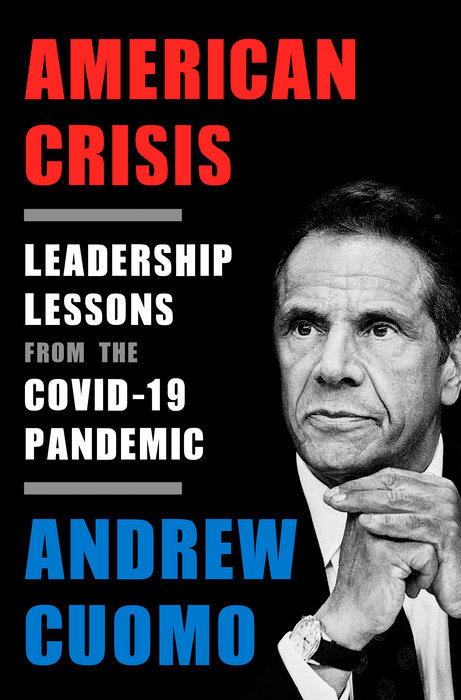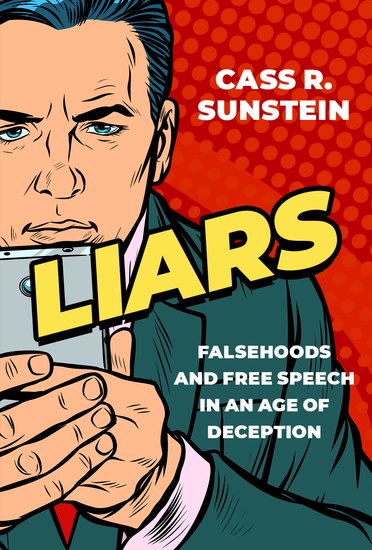I don’t fundamentally understand how New York Governor Andrew Cuomo’s book American Crisis: Leadership Lessons from the COVID-19 Pandemic is a thing that exists. The book was published in October of last year, when the pandemic was very much still ongoing and was written, obviously, before that. Shouldn’t he have been too busy to write a book or at least pretend to write a book during that period? Doesn’t that go against the whole leadership element of the book? The book does exist though and I read it, not because I was interested in taking in his leadership lessons, but because the book sounded so absurd. After having read the book I still had that view.
As an example of that, take this short version biography he provides starting on page 9:
I’m sixty-two years old, and life has taken me up and down and all around. I grew up in New York City as an outer-borough, middle-class guy, I paid my way through school with every odd job imaginable : landscaper, night-shift security guard, mechanic, ice cream scooper, tow truck driver, and construction worker. I have been a campaign manager, started a nonprofit to help the homeless, served as an assistant DA, practiced law privately, worked in real estate finance, was a federal cabinet secretary, state attorney general, and now governor, I’ve loved and lost, I’ve lived through an embarrassing and very public divorce splashed across the front pages of the tabloids, I suffered the pain of feeling I failed my children, I was publicly humiliated by losing campaigns and was declared a political dead man, I suffered through my father’s crushing political downfall and shared his grief and recriminations afterward.
He was “middle-class guy” who was 18 when his father became the Secretary of State of New York.
That bio reads like something that someone looking to run would for President would use, but on page 11 he says regarding Presidential aspirations:
I spent eight years in Washington, and I have no desire to go back.
Sure.
There is also the element of him citing a falsified nursing home statistic and then claiming others didn’t want to hear facts.
At the end of the book’s introduction he writes this:
Still, there is reason for hope. In this crisis we see evidence that the virus can be defeated. New York State, a microcosm of the nation , has shown a path forward. We have seen government mobilize to handle the crisis. We have seen Americans come together in a sense of unity to do the impossible. We have seen how the virus is confronted and defeated. New York didn’t do everything right. But there are lessons we can learn that will lead to victory.
It seems like it would be much better to look at somewhere that had actually dealt with the coronavirus well, like say, New Zealand.
If there is a lesson from the book, it seems to be that putting yourself in front of the cameras a lot during the crisis will get you good coverage, even if you don’t produce good results.
The book is also filled with mentions of things that don’t sound like they would produce a good outcome, which they didn’t. For example, he for some unexplained reason had financial people handling ramping up testing:
By this point, we had put together the New York State Interagency Task Force to focus on testing priorities, quarantine, and containment tracking, including our health commissioner, Dr. Zucker, and three of my all-stars : Linda Lacewell, superintendent of the Department of Financial Services ; Gareth Rhodes, deputy superintendent and special counsel of the Department of Financial Services ; and Simonida Subotic, deputy secretary for economic development. Simonida went to Wadsworth to oversee their work to increase capacity. Linda focused on the daily reporting and monitoring hot spots. Gareth focused on building lab capacity.
Bottomline
Don’t read the book unless you are looking to be more successful at being a bad person.


